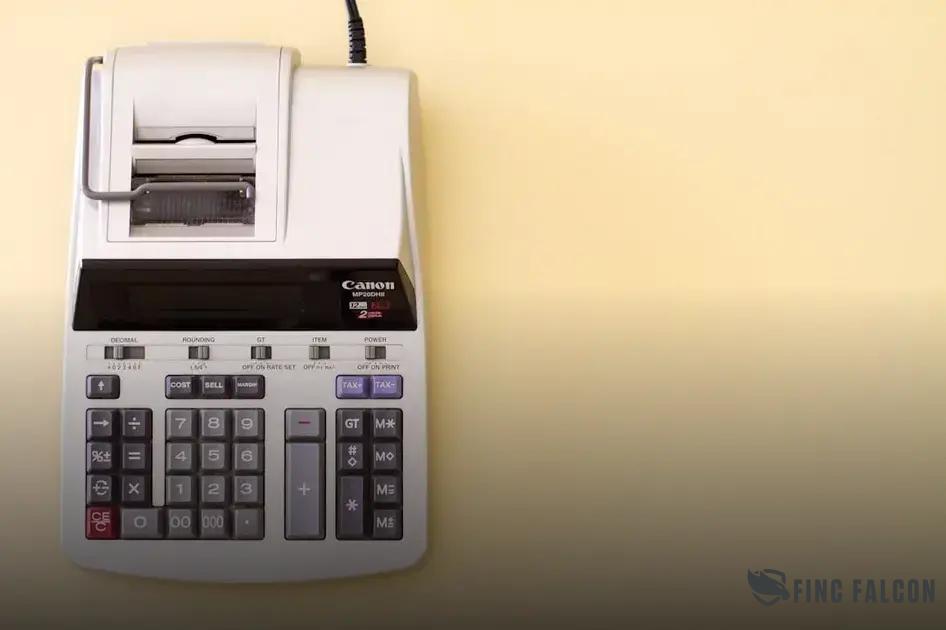Managing your finances as a freelancer or gig worker can be challenging due to unpredictable income streams. In this guide, we’ll explore effective budgeting techniques and strategies to help you navigate your freelance finances smartly. By understanding income variability and setting clear financial priorities, you can achieve stability and peace of mind. Keep reading to learn how you can effectively track expenses and save for taxes and emergencies.
Understanding Your Income Variability
As a freelancer, your income can vary significantly from month to month, making it challenging to predict and plan your finances. It’s crucial to have a clear understanding of how your earnings fluctuate so you can budget effectively.
One of the first steps is to analyze your past income. Collect data from the last six months to a year to find patterns and trends. This can help you determine your average monthly income and identify any seasonal variations.
To manage income variability, consider creating a base salary for yourself. This involves setting aside a fixed amount you transfer into your personal account regularly, which can help stabilize your personal finances. This base salary should be based on your lowest expected income month to maintain consistency.
Additionally, distinguish between fixed and variable expenses. Fixed expenses, such as rent and utilities, remain constant, while variable ones like entertainment can be adjusted according to your cash flow. This understanding allows you to make smarter spending decisions during leaner months.
While assessing your income variability, it’s also essential to establish a financial buffer to cushion your finances during low-income periods. An emergency fund specifically set aside to cover necessary expenses during dry spells can be a lifesaver.
Setting Priorities and Financial Goals

When it comes to budgeting as a freelancer, setting clear priorities is crucial. Identify what matters the most for your financial stability and long-term success. Focus on essential expenses first, such as rent, utilities, and food. Don’t forget to account for business-related costs that keep your freelance operations running smoothly.
Financial goals are another key component. Set both short-term and long-term goals to provide structure and motivation. For example, a short-term goal might be to save for a new laptop while a long-term goal could focus on retirement savings.
Allocate your income
wisely according to these goals and ensure that your budget reflects your priorities.
Regularly review and adjust your financial plan to stay aligned with your goals. Flexibility is vital, as your income may fluctuate from month to month. Consider implementing the 50/30/20 rule, where 50% of your income goes towards necessities, 30% towards wants, and 20% towards savings and debt repayment.
Tracking Your Expenses Effectively
To manage your finances as a freelancer, it’s crucial to understand where your money is going. Keeping a track of your expenses enhances your financial awareness and helps you make better budgeting decisions.
Use digital tools like spreadsheets or specialized apps to record your daily expenses. Categorize your spending into segments such as necessities, wants, and business expenses. This way, you can see patterns and identify areas where you might be overspending.
Regularly reviewing your expense records is key. Set aside time each week to update your tracking system. This will help you stay organized and ensure all your expenses are accounted for.
In addition, consider linking your expense categories to your financial goals. For example, if saving for a new laptop is a priority, monitor how much you’re allocating each month toward that goal compared with non-essential spending.
Some freelancers also find it useful to keep receipts and invoices organized. Digital scanning tools can make this task effortless, enabling quick access to documents needed for tax purposes or disputes.
Saving for Taxes and Emergencies

Freelancers often face unique financial challenges, especially when it comes to saving for taxes and emergencies. As a freelancer, you are responsible for setting aside a portion of your earnings for taxes. Unlike salaried employees, who have taxes automatically deducted from their paychecks, freelancers must plan ahead to avoid any last-minute stress. A common recommendation is to save at least 25% to 30% of your income for tax obligations.
In addition to taxes, establishing an emergency fund is crucial. This fund acts as a financial safety net, providing support during unforeseen circumstances like illness, equipment breakdowns, or slow work periods. Aim to save three to six months’ worth of living expenses. Regular contributions, even if small, can help build this fund over time.
Use separate savings accounts for taxes and emergencies to prevent mixing funds and to maintain clear financial boundaries. Automated transfers from your checking account to these savings accounts can simplify this process and ensure consistency.




 The Best Ways to Make Money While You Sleep Easily
The Best Ways to Make Money While You Sleep Easily  The Rise of CBDCs: How Central Banks Are Reshaping Money
The Rise of CBDCs: How Central Banks Are Reshaping Money  How to Make Money with Low Content Books on Amazon Easily
How to Make Money with Low Content Books on Amazon Easily